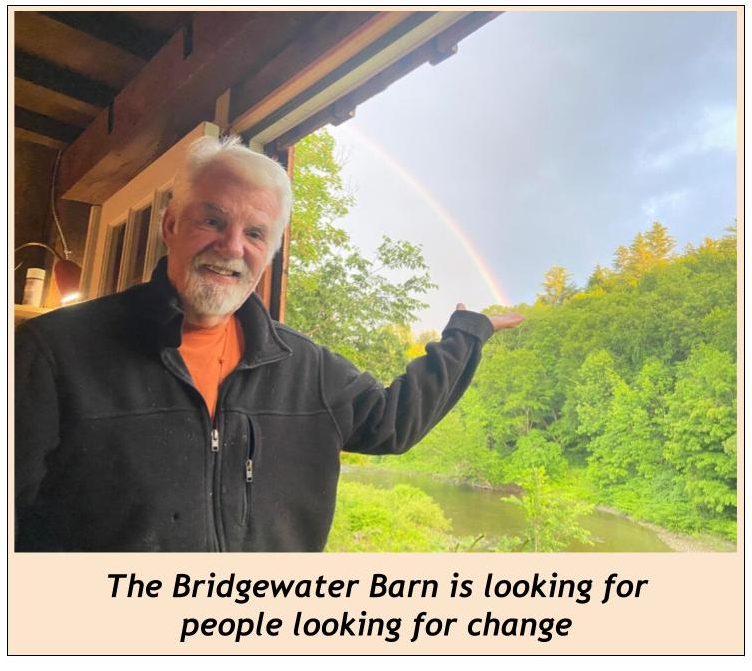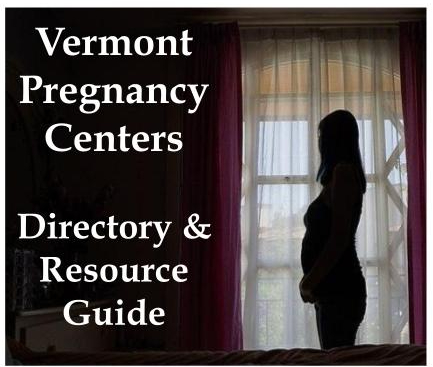Towns, cities may impose stricter regulations on gathering size, liquor sales; returning college students in mind
Vermont Daily mentioned to Gov. Scott at his August 11 press conference the small crowds at Barre-area restaurants and then asked, “Since most of the Covid-19 deaths are in Chittenden County, and most of the returning students are coming back to Chittenden County, and the interstate maps are already registered by county, how about a two-tiered system with stricter regs for CC and less elsewhere?”
Gov. Scott’s answer on Tuesday focused more on restaurants and less on any two-tiered system, but Friday he dropped the other shoe. Municipalities may now enact Covid-19 transmission restrictions tougher than the State’s. This is the governor’s two-tiered system. State restrictions will stay in force statewide. However, towns and municipalities are welcome to put the public health “control” in local control. The following is a press release issued Friday.
* * * * *
August 14, 2020 – Governor Phil Scott today announced that the COVID-19 State of Emergency has been extended to September 15, 2020, as well as additional local discretion for gathering size limits and liquor sales.
“We’ve made tremendous progress since this pandemic started and have suppressed the virus even as we’ve reopened much of the economy,” said Governor Scott. “We should be proud of what we’ve done but given what the rest of the country is facing, every one of us must stay vigilant to protect the gains we’ve made. This means wearing a mask when around those you don’t live with, staying six feet apart, washing your hands a lot, staying home when you’re sick and following our travel guidance.”
The latest order enables cities and towns to enact stricter local limits for gathering sizes than those established by the State. Municipalities may also mandate shorter hours for the sale of alcohol by bars and clubs than those set forth by the Department of Liquor and Lottery.
“As college students begin to return to Vermont, I believe giving our towns – especially the college towns – some additional mitigation measures to work with is the right thing to do,” said Governor Scott.
Additionally, the Department of Motor Vehicles will develop processes for temporary electronic plates and permits that will be valid for up to 60 days
* * * * *
How long will State of Emergency last?
It’s a question most reporters have pretty much stopped asking. Perhaps it’s a matter of “question fatigue,” because the answer is usually a restatement of variables outside of Vermont’s control that boils down to, “as long as necessary.” However in recent weeks Gov. Scott has alluded to the availability of an effective vaccine as the likely event that will restore Vermont to pre-pandemic normalcy. He hasn’t come right out and said, “the State of Emergency will continue until Vermonters are vaccinated,” but he has made statements to the effect that Vermonters will just have to hold on and work together, etc. until a vaccine or some other definitive pandemic-ending event occurs.
Clearly Vermont’s success at controlling transmission will never be reason alone for Gov. Scott to call off the SOE, as long as other states are still struggling, based on frequent comments by Gov. Scott and his Health Dept. Commissioner and pandemic consigliere, Dr. Mark Levine.
* * * * *
Klar won’t run as independent, will focus on GOP wins in Legislature
Republican John Klar, defeated in the August 11 GOP gubernatorial primary by Scott, will not run as an independent, he announced in a statement today. However he will help the campaigns of Republican legislative nominees, especially the many affiliated with his campaign.
* * * * *
Lawmakers face $275 million deficit
Reprinted from the 8/14 Fuel Line, newsletter of the Vermont Fuel Dealers
Now that the primary is over, lawmakers will return to work later this month to deal with Covid-19 relief measures and to build a budget for the rest of the fiscal year. It won’t be easy. The revenue forecast shows general fund losses of just over $180 million in FY21 and $100 million in FY22. The transportation fund is expected to lose $32 million this year. If money doesn’t flow from Washington in the form of a new federal relief deal, lawmakers will have to close $275 million deficit in September.
Other news of note:
Gasoline consumption in the U.S. is about 9% below last year. Demand has flattened as a result of slowing job growth and continuing hotspots of COVID-19 arising around the country.
The U.S. Mint asked the American public to start spending coins or exchanging them for currency in an effort to improve the nation’s coin supply. Precautions taken to slow the spread of the virus have resulted in reduced retail sales activity and significantly decreased deposits from third-party coin processors.
Vermont’s mask mandate was implemented on August 1. All Vermonters are required to wear masks or cloth facial coverings any time it is not possible to maintain a physical distance of at least six feet with others from outside their household.
Photo: Poster from State of Vermont #masksonvt public education campaign – Vermont Emergency Management Facebook page
LETTER TO EDITOR: H. Jay Eshelman: Vermont has lowest CO2 emissions: “Clearly, Vermont, as a state, has the lowest CO2 emissions in total metric tons because it’s one of the smallest and least populated States in the country.” Send your letters to news@vermontdailychronicle.com
VTWATERCOOLER COMMENT OF THE DAY (post yours at www.vtwatercooler.com): “God help us if Zuckerman/et al take power in Vermont. Just when you think it can’t get any worse…..”

Latest news, Letters
Special Wednesday edition of Friday at Four…at 4!
Tune in today at 4PM! 6 more town join tax revolt; State House protest planned; Why won’t the media cover hero cops?
Sen. Bobby Starr to retire
A longtime Orleans County senator and representative has announced his retirement at the end of the current session.
10 guns stolen from Derby gun store
Tucker E. Jacobs, 27, is named in a criminal complaint filed by ATF based on guns stolen from Wright’s Sports Supply on the night of April 15.
Categories: Covid-19, Press Release









Since June 18th there have been two deaths in Vermont associated with Covid-19. In a state with approximately 625,000 people. Yet that is enough for Scott to extend his “State of Emergency.”
Where is the emergency in two deaths in more than 60 days? Are Vermont hospitals in danger of being overwhelmed? Is there a shortage of ventilators?
And under what conditions would Scott end his state of emergency? “if the Legislature took appropriate action.” So, not when we have a low infection rate. Not when there have been no more deaths in XX days. No, when the legislature is willing to do Scott’s bidding. Until then, he’ll take his ball and go home, and the rest of us can just live with his authoritarian dictums.